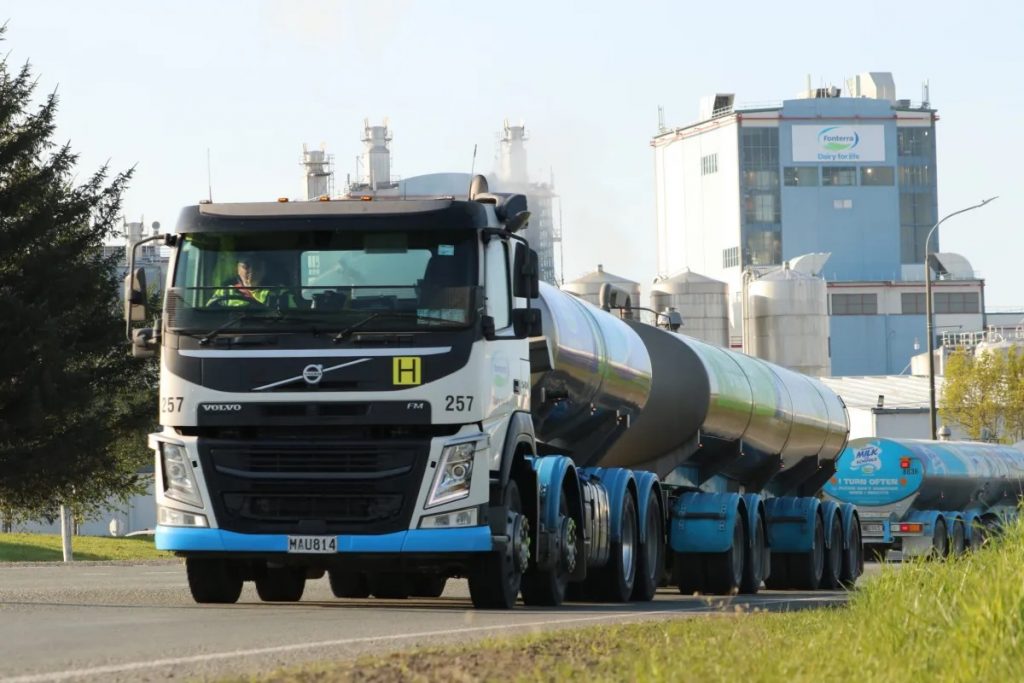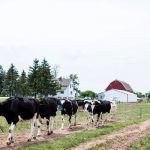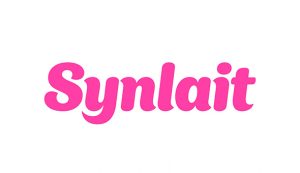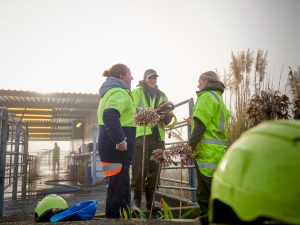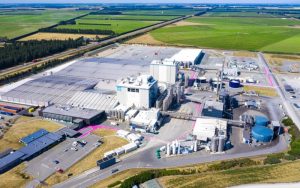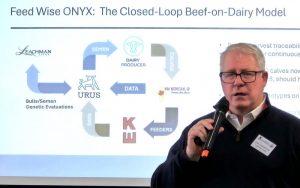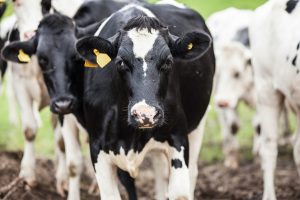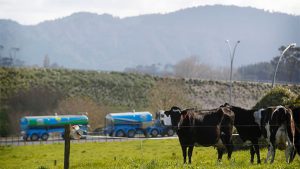
NZ Dairy Giant Imports Vietnamese Wood Pellets, Sparking Debate on Local Supply.
New Zealand dairy giant Fonterra is facing scrutiny for importing wood pellets from Vietnam to fuel its newly converted coal boilers at the Clandeboye factory. The company received a taxpayer subsidy for the $64 million project, its largest decarbonization effort, which was intended to reduce emissions and foster a local wood pellet supply chain. However, a “convenient omission” in its public statements about where the pellets were coming from has sparked criticism from local industry players who believe Fonterra should have prioritized New Zealand-sourced biomass.
Fonterra’s general manager of energy and climate, Linda Mulvihill, confirmed the international sourcing, stating that the company is using an overseas supplier until domestic producers can meet its required demand. She noted that Fonterra is working with local suppliers to build a more balanced market and continues to factor any overseas supply into its emissions reporting. However, industry experts, including Bioenergy Association executive officer Brian Cox, expressed surprise and disappointment, calling the situation a “travesty” given the abundance of domestic biomass and the need to develop local supply chains.
The article highlights a discrepancy between Fonterra’s public messaging and its commercial decisions. The dairy giant had stated its investment would “catalyse the development of wood pellet supply chains across New Zealand,” yet its immediate action was to import a cheap overseas fuel. This decision is viewed by some as a purely commercial choice to ensure value for farmer owners, with the article referencing Fonterra’s recent strong profit figures and a promising milk price forecast. This decision-making process presents a key piece of data journalism for the international dairy community to analyze.
The broader context of this situation involves New Zealand’s ongoing efforts to reduce agricultural emissions. While Fonterra’s Clandeboye conversion is expected to drop its manufacturing emissions by 9%, or 155,000 tonnes annually, the company will remain the country’s top climate polluter due to on-farm emissions from methane and nitrous oxide. The article also notes that a previous government program for pricing agricultural emissions was scrapped, with a new scheme delayed until 2030, showing the political and economic complexities surrounding climate change in the agribusiness sector.
Ultimately, this story reveals the tension between corporate sustainability goals, financial imperatives, and national industrial development. While Fonterra’s shift away from coal is praised for its positive impact on air quality and climate, its decision to import fuel raises questions about the company’s commitment to supporting the domestic market it claimed it would help build. For analysts and producers, this case study underscores the intricate challenges of decarbonizing industrial processes and the delicate balance between local economic development and the pursuit of low-cost solutions in global dairy economics.
Source: Newsroom: Dairy giant’s convenient omission from coal announcement
You can now read the most important #news on #eDairyNews #Whatsapp channels!!!
🇺🇸 eDairy News INGLÊS: https://whatsapp.com/channel/0029VaKsjzGDTkJyIN6hcP1K
